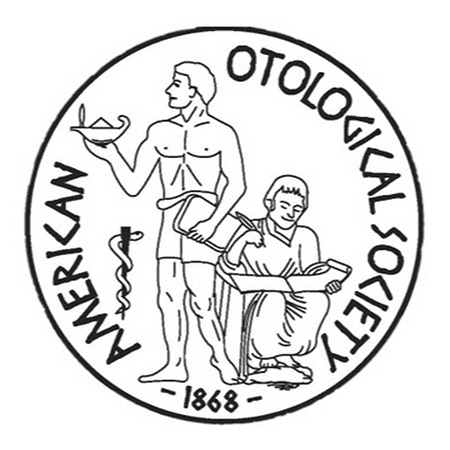Simultaneous Ipsilateral Labyrinthectomy and Cochlear Implantation in Patients with Refractory Ménière’s Disease
 The traditional treatment for severe refractory Ménière’s disease, characterized by episodes of vertigo, tinnitus, and hearing loss, is labyrinthectomy – removal of the labyrinth – which cures vertigo but results in complete hearing loss. Neurotologists in the Department of Otorhinolaryngology at McGovern Medical School at UTHealth Houston and the Department of Otolaryngology at The Ohio State University College of Medicine have improved the outcome for patients with Ménière’s disease by performing simultaneous cochlear implantation.
The traditional treatment for severe refractory Ménière’s disease, characterized by episodes of vertigo, tinnitus, and hearing loss, is labyrinthectomy – removal of the labyrinth – which cures vertigo but results in complete hearing loss. Neurotologists in the Department of Otorhinolaryngology at McGovern Medical School at UTHealth Houston and the Department of Otolaryngology at The Ohio State University College of Medicine have improved the outcome for patients with Ménière’s disease by performing simultaneous cochlear implantation.
The historical cohort study results, presented at the national American Neurotology Society meeting, are based on clinical work done by Vivian Kaul, MD, a neurotologist and assistant professor at McGovern Medical School, during the past three years at both institutions.
“We reviewed our results in 18 patients aged 21 to 71 years with a median age of 57, who underwent simultaneous transmastoid labyrinthectomy and cochlear implantation between July 2015 and February 2023,” Dr. Kaul says. “Two patients developed delayed postoperative facial weakness, from which they recovered completely, and we saw no other postsurgical complications in the cohort. Seventeen patients, or 94%, had complete resolution of vertigo. All patients improved their word and speech perception scores within six to nine months. They also were able to accurately localize sound with low degrees of error.”
The study represents one of the largest cohorts of refractory Ménière’s disease patients undergoing simultaneous labyrinthectomy and cochlear implantation. “Combining these procedures appears to be safe, allowing for excellent vertigo control and aural rehabilitation in appropriately selected patients,” she says.